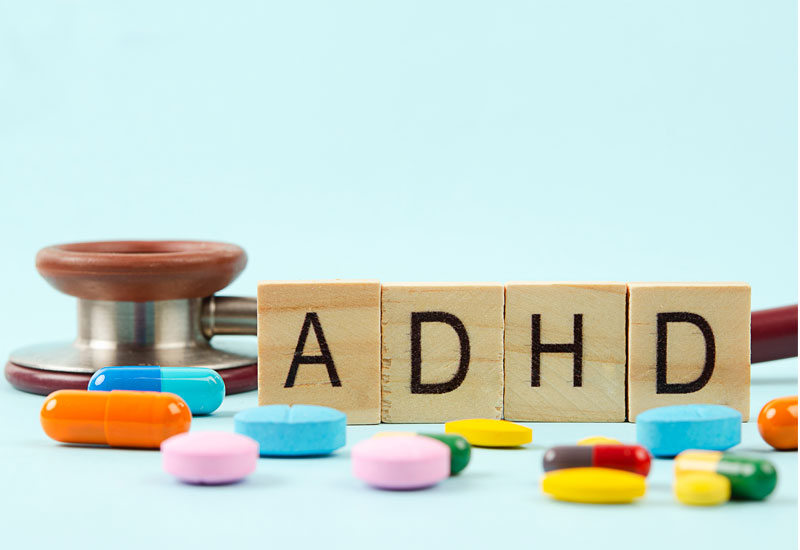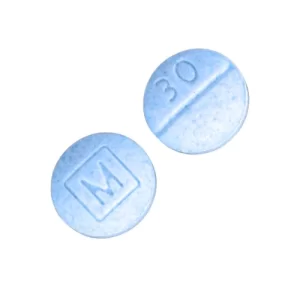Understanding Adult ADHD: Diagnosis, Treatment, and Coping Strategies

Attention Deficit Hyperactivity Disorder (ADHD) is often thought of as a childhood condition, but it can persist into adulthood, affecting various aspects of life. While the symptoms may change as individuals grow older, the challenges remain significant. In this article, we’ll delve into the diagnosis, treatment options, and coping strategies for adults living with ADHD.
Diagnosis of Adult ADHD:
Diagnosing ADHD in adults can be complex due to several factors. Unlike children, adults may have developed coping mechanisms that mask their symptoms, making it challenging to recognize the disorder. Additionally, symptoms of ADHD often overlap with those of other mental health conditions, such as anxiety or depression, further complicating diagnosis.
To diagnose adult ADHD, healthcare professionals typically rely on a comprehensive assessment that includes:
- Clinical Interviews: Healthcare providers conduct thorough interviews to gather information about the individual’s medical history, developmental milestones, and current symptoms. They may also interview close family members or partners to gain additional insights.
- Symptom Evaluation: Adults with ADHD commonly experience symptoms such as inattention, impulsivity, and hyperactivity. However, these symptoms may manifest differently in adults compared to children. For instance, while children with ADHD may exhibit hyperactive behavior by constantly fidgeting or running around, adults may display inner restlessness or difficulty staying focused on tasks.
- Psychological Testing: Standardized psychological tests, such as the Conners Adult ADHD Rating Scales (CAARS) or the Adult ADHD Self-Report Scale (ASRS), can help assess the severity of ADHD symptoms and their impact on daily functioning.
- Rule Out Other Conditions: Since ADHD symptoms can mimic those of other mental health disorders, healthcare providers must rule out conditions like anxiety, depression, or bipolar disorder before making a diagnosis.
Treatment Options for Adult ADHD:
Once diagnosed, adults with ADHD have various treatment options available to manage their symptoms and improve their quality of life. These treatment approaches may include a combination of medication, psychotherapy, and lifestyle modifications.
- Stimulant Medications: Stimulant medications, such as methylphenidate (e.g., Ritalin) and amphetamine salts (e.g., Adderall), are often the first-line treatment for adult ADHD. These medications help regulate neurotransmitters in the brain, improving attention, focus, and impulse control. However, they may also carry the risk of side effects like insomnia, loss of appetite, or increased heart rate.
- Non-Stimulant Medications: In cases where stimulants are ineffective or not well-tolerated, non-stimulant medications like atomoxetine (Strattera) or guanfacine (Intuniv) may be prescribed. These medications work differently from stimulants but can still help alleviate ADHD symptoms.
- Psychotherapy: Cognitive-behavioral therapy (CBT) and psychoeducation can be valuable components of ADHD treatment for adults. CBT helps individuals develop coping strategies to manage impulsivity, improve organizational skills, and address negative thought patterns. Psychoeducation provides individuals with a better understanding of their condition and teaches practical skills for managing daily challenges.
- Lifestyle Modifications: Adopting healthy lifestyle habits can complement medication and therapy in managing adult ADHD. Regular exercise, adequate sleep, and a balanced diet can help regulate mood, reduce stress, and improve overall well-being. Additionally, implementing organizational strategies, such as using planners or digital apps, can assist adults with ADHD in staying on track with tasks and deadlines.
Coping Strategies for Adults with ADHD:
Living with ADHD can present daily challenges, but there are numerous coping strategies that adults can employ to navigate their symptoms more effectively:
- Create Structure and Routine: Establishing a predictable daily routine can help adults with ADHD stay organized and manage their time more efficiently. Setting specific times for tasks like work, exercise, and relaxation can reduce impulsivity and improve focus.
- Break Tasks into Manageable Steps: Breaking down larger tasks into smaller, more manageable steps can make them feel less overwhelming. By focusing on one step at a time, individuals can maintain momentum and progress toward their goals.
- Utilize External Supports: External supports, such as timers, alarms, or smartphone apps, can serve as reminders for important tasks or deadlines. Visual aids like color-coded calendars or checklists can also enhance organization and planning skills.
- Practice Mindfulness and Stress Management: Mindfulness techniques, such as deep breathing exercises or meditation, can help adults with ADHD reduce stress and improve attention and self-awareness. Regular practice of stress management strategies can promote emotional resilience and overall well-being.
- Seek Support from Others: Building a strong support network can provide adults with ADHD with emotional encouragement and practical assistance. Whether it’s friends, family members, or support groups, having people who understand and validate their experiences can make a significant difference.
Conclusion:
Living with adult ADHD presents unique challenges, but with the right diagnosis, treatment, and coping strategies, individuals can effectively manage their symptoms and lead fulfilling lives. By seeking professional help, adopting healthy lifestyle habits, and utilizing practical coping techniques, adults with ADHD can unlock their full potential and thrive in various aspects of life. Remember, ADHD does not define who you are—it’s just one aspect of your multifaceted identity.





